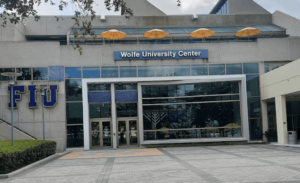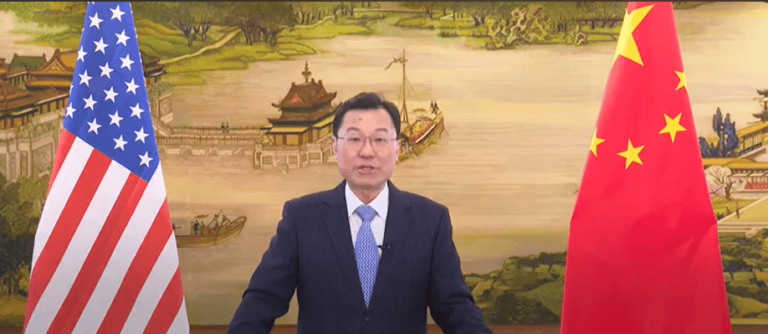The Adam Smith Center for Economic Freedom and Florida International University (FIU) will host the Americas Tourist Summit 2024, which will bring together local officials and corporate leaders to establish sustainable development plans and boost regional tourist investment.
 |
| Wolfe University Center, Florida International University |
Miami will be the epicenter of the Americas tourism industry on December 2 and 3, hosting the Americas Tourism Summit 2024, a key event that will bring together leaders from the public and private sectors, government officials, tourism companies, and financial sector actors.
The Adam Smith Center for Economic Freedom, in conjunction with Florida International University (FIU), is organizing the gathering to formulate trade policies and strategies that encourage sustainable development and economic growth in the region’s tourist industry.
This event, which will be held on FIU’s magnificent Biscayne Bay campus, promises to be an important venue for developing common strategies to enhance the tourist sector in the Americas. The Americas Tourist Summit, with the cooperation of authorities from several nations and major industry personalities, aims to coordinate efforts to encourage job creation, attract investment, and assure people’s development in the tourist environment.
The event will take place in the Wolfe University Center, a new venue overlooking the sea that emphasizes Miami’s key location as a worldwide economic hub, particularly in terms of tourism and international commerce. The city, renowned as the “Gateway to Latin America,” is a cultural and economic exchange center, making it a perfect location to bring together the region’s main stakeholders.
The Americas Tourism Summit will address one of the region’s most pressing issues: how to achieve economic and environmental sustainability in tourism. Attendees will work on developing tourist policies through panels, conferences, and workshops that not only promote the sector’s development but also ensure its long-term viability.
One of the primary emphases will be on developing methods to attract foreign investment in the tourist industry, as well as promoting activities that promote job creation and community enhancement. With the cooperation of foreign specialists and government officials, the event is expected to result in significant agreements to convert tourism into a crucial tool for regional economic growth.
The event will bring together officials from public and commercial organizations who will collaborate to identify the sector’s difficulties and develop effective solutions. In a global setting highlighted by the consequences of climate change and digitization, participants will debate ways for adapting the tourist sector to new market realities.
Florida International University, which will host the event, is one of Florida’s largest and most prominent institutions. Its academic and scientific focus will contribute to more informed conversations about the future of tourism. The institution, which is regarded as one of the most prominent in the field of research, will create an atmosphere conducive to the interchange of ideas and the formulation of new policies.
The choice of venue for the Americas Tourism Summit 2024 is no coincidence. Miami is known for its tourist leadership, ranking second only to New York as the most visited city in the United States. With over 5 million foreign visitors in 2019, the city remains a popular destination for both tourists and investors. Its port, PortMiami, is the world’s busiest cruise port, cementing the city’s position as a top tourist destination in the area.
In addition to tourism, Miami is well-known for its position in international trade and finance, making it a crucial hub for the worldwide economic sector. The city boasts a diversified and multicultural population, including a sizable Latino minority that contributes to its economic and cultural development.
Source: Infobae









+ There are no comments
Add yours